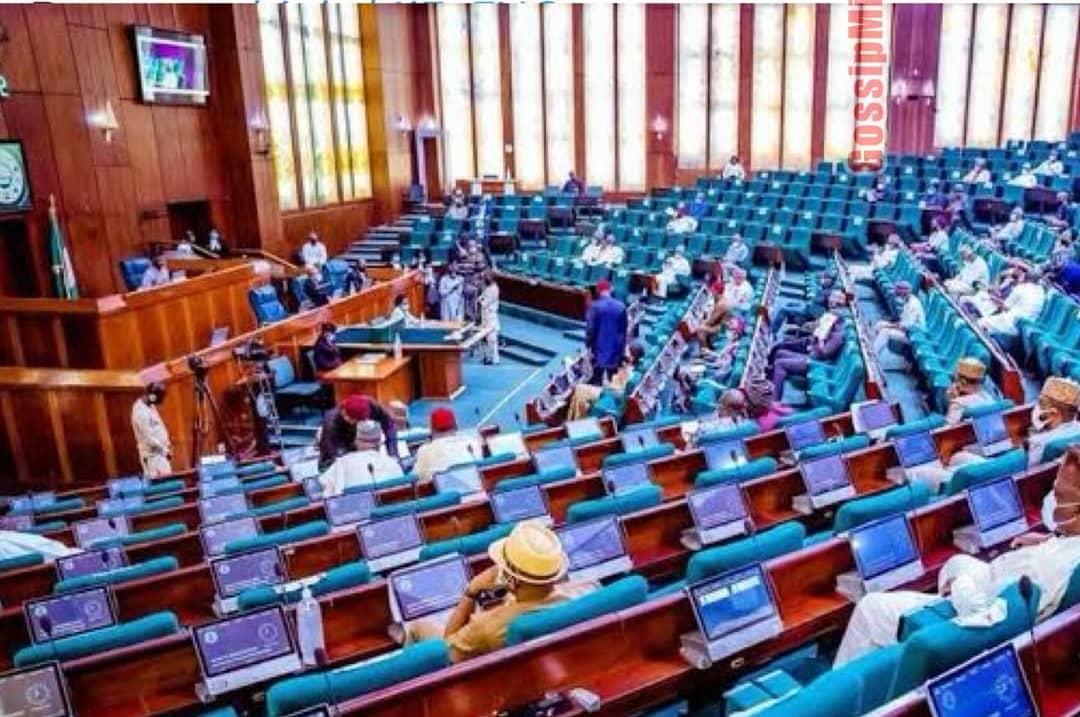The House of Representatives has called for an investigation into the $460m Chinese loan obtained to finance the Federal Capital Territory (FCT) Abuja Closed-circuit Television (CCTV) to enhance security in the nation’s capital.
This followed the adoption of a motion of urgent national importance moved by Amobi Ogah at plenary on Wednesday.
Leading the debate, Ogah recalled that the administration of former President Goodluck Jonathan embarked on the CCTV cameras around strategic areas in Abuja to monitor unwholesome activities with a view to preventing crime and placing surveillance on criminals and apprehending same.
He noted that in order to firm up the above, former Finance Minister, Olusegun Aganga, led a Federal Government delegation to Beijing, China, in 2010 to sign a Memorandum of Understanding with ZTE Communications of China to which the contract for the installation of the CCTV was equally awarded.
Ogah expressed concern that the funds for the contract were secured through a $460m loan obtained from the China-EXIM Bank and lifted from a $600m financing portfolio secured as a soft credit loan, with interest repayable in 10 years, after an initial 10 years of grace.
“More concerned that despite this huge investment as well as the financial burden Nigeria is subjected to by way of servicing the loan, the impact of the CCTV is not felt in any manner. Rather than abating, crime rate has soared in Abuja leading to daily reports of deaths arising from unmonitored crimes around the Federal Capital.
“Worried that the current situation whereby Nigeria is paying heavily for this loan obtained from a Chinese bank to execute the non-functional CCTV contract undertaken curiously, also by a Chinese firm and contractor leaves the country in a lose-lose nightmare,” he added.
The House therefore resolved to set up an Ad-hoc Committee to investigate the monumental financial investment and determine why the project has failed to yield the expected results. The investigation aims to hold those responsible accountable and ensure that such a situation does not recur in the future.











